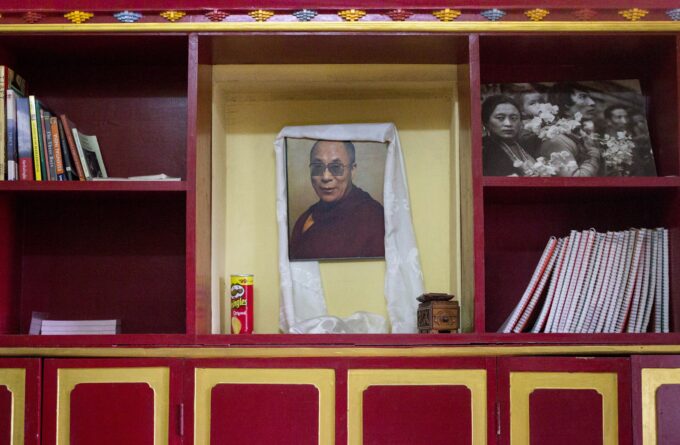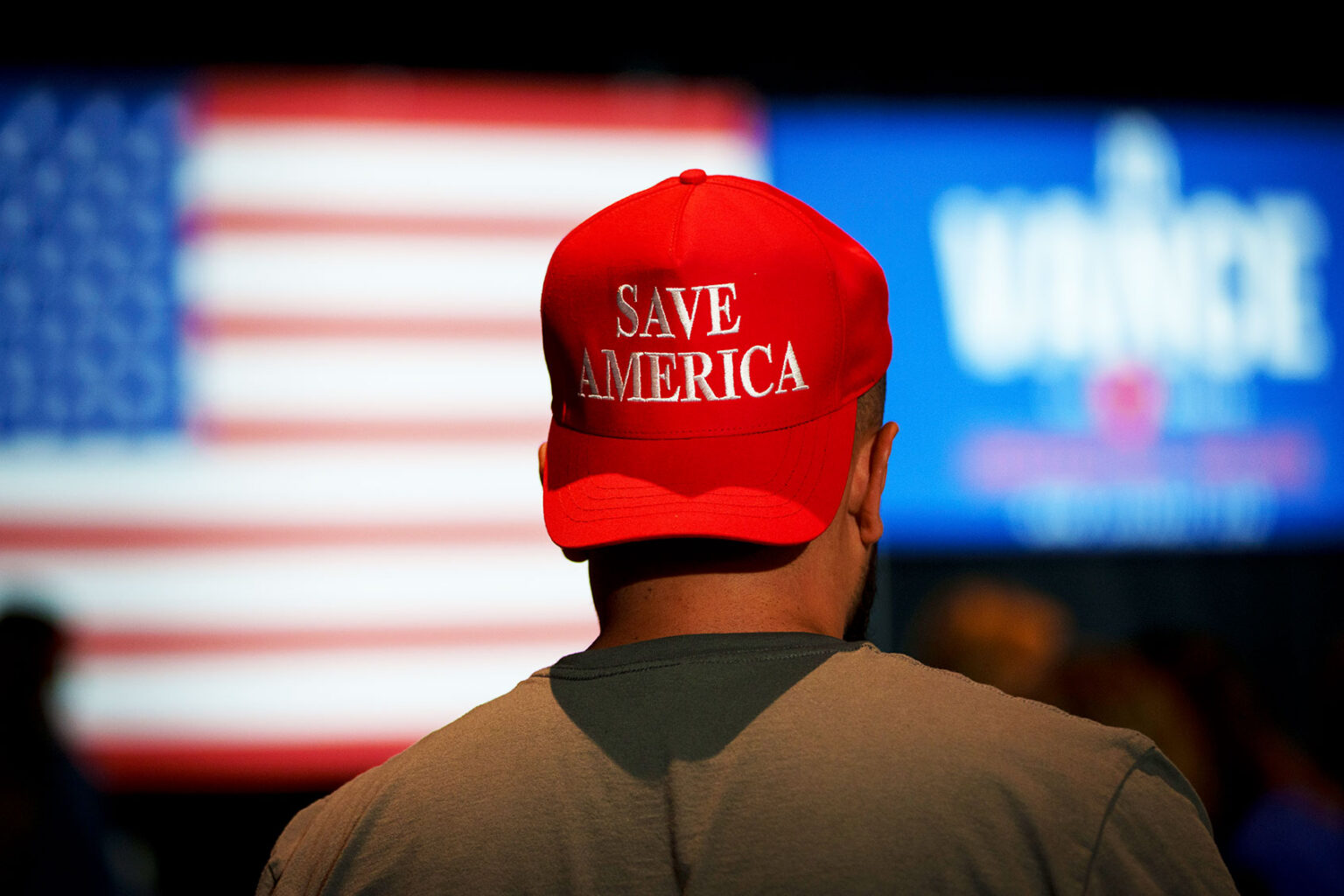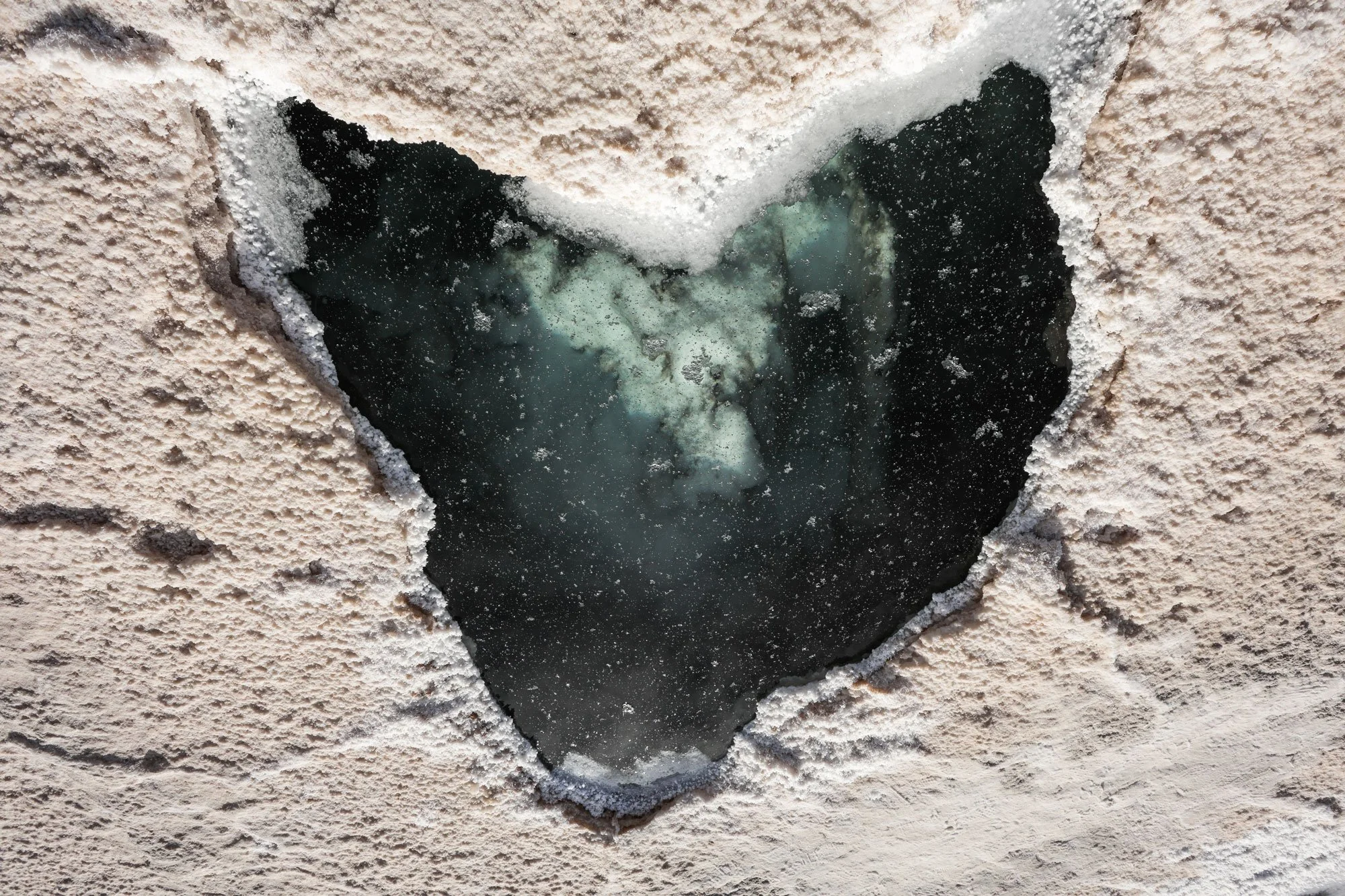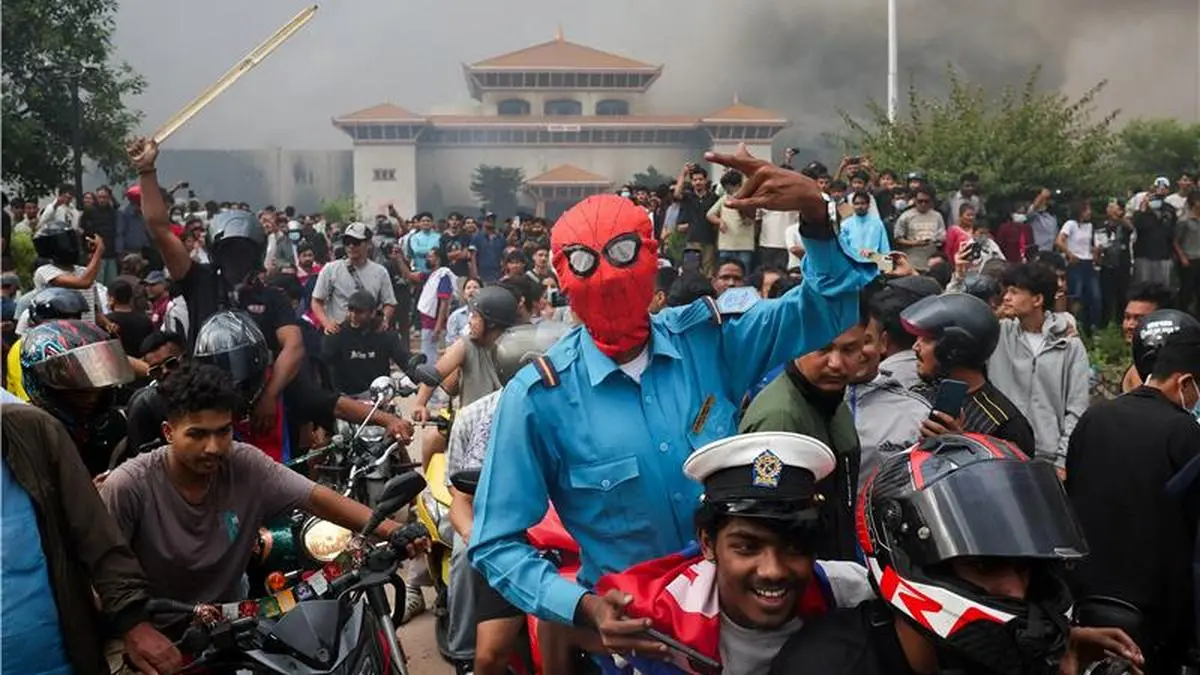by PETER SCHWARZ

Nearly two years of carpet bombing, mass murder and a starvation blockade of the Gaza Strip have turned Israel into a pariah state, despised and hated throughout the world. Nevertheless, the German government stands steadfastly behind the Israeli government, surpassed in this only by the Trump administration.
In the face of growing outrage, Berlin’s official position has shifted slightly. In mid-June, Chancellor Friedrich Merz had attested that the Zionist state was “doing the dirty work for all of us;” now he urges greater humanitarian consideration and will no longer approve weapons for use in Gaza. Yet, in practical terms, nothing has changed. Germany continues to support Israel politically and militarily, opposes all sanctions, and prosecutes opponents of the genocide as alleged “antisemites.”
This is supposedly justified by Germany’s special responsibility for the Holocaust. In 2008, Chancellor Angela Merkel declared Israel’s security to be a German “Staatsräson” (matter of state policy), the same formulation found in the current government’s coalition agreement. Three months ago, in a speech marking the 60th anniversary of the establishment of diplomatic relations, Federal President Frank-Walter Steinmeier celebrated the “miracle of reconciliation after the civilizational rupture of the Shoah.” At that time, Israeli Prime Minister Benjamin Netanyahu had long been sought on an international arrest warrant for crimes against humanity.
To justify the Israeli army’s war crimes by citing reparations for the Shoah is disgusting and repulsive. Responsibility for the genocide of the Jews does not obligate Germany to support another genocide. Historically, this justification is based on a myth devoid of any factual basis.
The close collaboration between Germany and Israel never had anything to do with “reparations,” atonement for the Shoah, or anything comparable. It was a reciprocal deal: Germany supplied the beleaguered Zionist state with weapons, economic aid and financial assistance; in return, the Israeli government turned a blind eye to the continued presence of Nazi elites in the state and economy of the Federal Republic of Germany and helped it gain international standing.
WSWS for more











